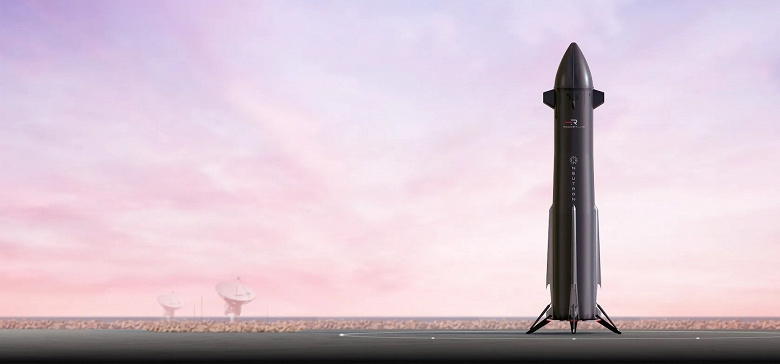Rocket Lab CEO Peter Beck spoke about development progress and future plans
Rocket Lab plans to launch its new Neutron rocket before the end of this year, its executives announced on February 27. The development process for a multi-mission medium-lift rocket is proceeding according to plan and envisages the first launch in 2024.
Rocket Lab CEO Peter Beck shared information about progress in developing various components of the Neutron rocket, including avionics and the launch facility at Wallops Island in Virginia. However, the company has not yet begun fire tests of the Archimedes engine, which will be used in the Neutron rocket.
Rocket Lab intends to complete a test bed for the «Archimedes» engine at the Stennis Space Center in Mississippi, after which testing is expected to begin. The test results will clarify the exact schedule for the first launch of the Neutron rocket.
Industry experts noted that the time from the first engine ignition to the first launch of a Neutron rocket could take at least nine months, which is still very optimistic given the typical development time for rocket programs, where years can pass from the first engine test to the first launch. . However, Adam Spies, CFO of Rocket Lab, assures that the launch of the Neutron rocket by the end of the year is planned without any delays.
One of the reasons the company is aiming to launch the Neutron rocket before the end of the year is to qualify for funding under US Space Force contracts.
Completing the rocket project will also allow Rocket Lab to reduce costs and become a profitable company in the near future. Completion of work on «Neutron» will allow the company to reduce costs and move towards profitability. The company reported adjusted loss before interest, taxes, depreciation and amortization (EBITDA) of $29,000,000 for the fourth quarter of 2023 and nearly $91,000,000 for 2023, but capital expenditures will decline once Neutron goes to market. The company will soon be on track to achieve positive adjusted EBITDA, in line with Spies' expectations.
The company previously developed several different models, all under the Photon name, but now offers four different ones. This is Photon, designed to carry small spacecraft into low Earth orbit, Lightning — a larger one like those being developed for Globalstar and the Space Development Agency, a higher performance Pioneer for «unique missions like the recent Varda Space Industries space production mission, and an Explorer for interplanetary missions , like ESCAPADE Mars Rocket Lab NASA.
Beck said that the company has already received orders for all four models, and the total order book is more than 40 spacecraft. However, the company strives not to limit itself to launching satellites, but to have its own “constellation” in orbit. As an example, he cited SpaceX, which creates Starlink satellites and launches them on its own rockets.
However, the timing and plans for the creation of the company's own constellation of satellites and the services it offers have not yet been announced. Rocket Lab is focused on developing and launching the Neutron rocket, which will play a key role in realizing its long-term business model.

